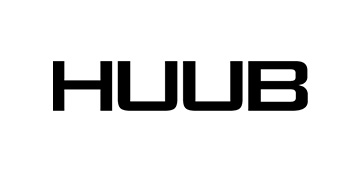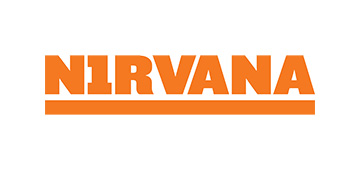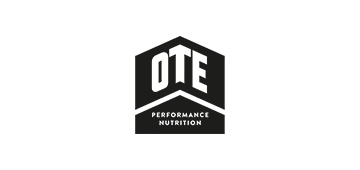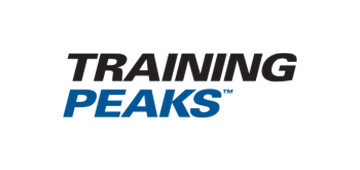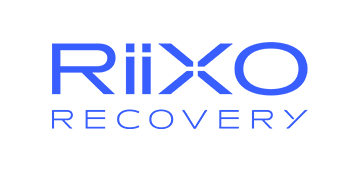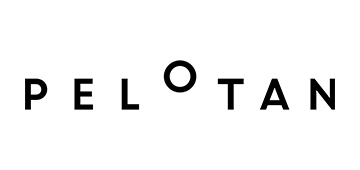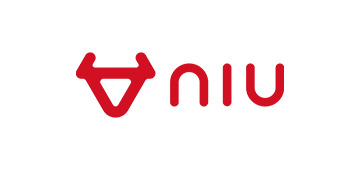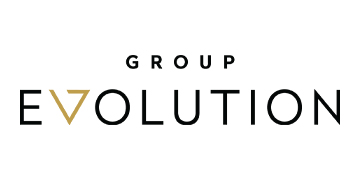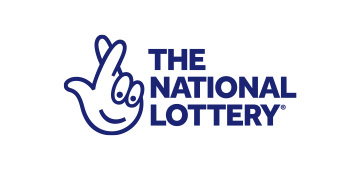The Anti-Doping Rules of the British Triathlon Federation are the UK Anti-Doping Rules published by UKAD (or its successor), as amended from time to time. Such rules shall take effect and be construed as the rules of the British Triathlon Federation.
You can find the UKAD rules here.
Who do the rules apply to?
These rules apply to all athletes and athlete support personnel who are members of the British Triathlon Federation and its Home Nation Associations. These rules also apply to any member of British Triathlon's affiliate organisations or licensees (including any clubs, teams, associations or leagues). All athletes and athlete support personnel participating in any events, competitions and other activities organised, convened, authorised or recognised by British Triathlon or any of its Home Nation Associations, affiliate organisations or licensees are also bound by these rules.
What is Strict Liability?
As an athlete, one of the most important things to be aware of is the principle of strict liability. This means that you are personally responsible for any banned substance found in your system, regardless of how it got there and whether or not you had an intention to cheat.
Anti-Doping Rule Violation
WADA outlines ten Anti-Doping Rule Violations (ADRVs) which govern clean sport. Athletes – and athlete support personnel – may receive a ban from sport if any of the following ADRVs are committed:
-
PRESENCE - The presence of a prohibited substance or its metabolites or markers in an athlete’s sample. Ban: Up to four years* Applies to athletes only
- USE - Use or attempted use by an athlete of a prohibited substance or a prohibited method. Ban: Up to four years* Applies to athletes only
- EVASION, REFUSAL OR FAILURE - Evading, refusing, or failing to submit to sample collection. Ban: Up to four years* Applies to athletes only
- WHEREABOUTS FAILURES - Whereabouts failures are considered as any combination of three missed tests and/or filing failures within a 12-month period by an athlete in a registered testing pool. Ban: Up to two years* Applies to athletes only
- TAMPERING OR ATTEMPTED TAMPERING - Tampering or attempted tampering with any part of doping control. The 2021 Code makes it clear that engaging in fraudulent conduct (e.g. submitting falsified documents to an anti-doping organisation or asking a witness to lie in their witness statement) is an act of Tampering. From 1 January 2021, if an individual commits an act of Tampering relating to another ADRV, they can receive an additional consecutive ban. Ban: Up to four years* Applies to athletes, athlete support personnel and other Persons
- POSSESSION - Possession of a prohibited substance or prohibited method. Ban: Up to four years* Applies to athletes and athlete support personnel
- TRAFFICKING - Trafficking or attempted trafficking in any prohibited substance or prohibited method. Ban: Four years to a lifetime Applies to athletes, athlete support personnel and other Persons
- ADMINISTERING OR ATTEMPTED ADMINISTRATION - Administration or attempted administration to any athlete of any prohibited substance or prohibited method. Ban: Four years to a lifetime Applies to athletes and athlete support personnel
- COMPLICITY OR ATTEMPTED COMPLICITY - Assisting, encouraging, aiding, abetting, conspiring, covering up or any other type of intentional complicity or attempted complicity involving an ADRV or any attempted ADRV. Ban: Two years to a lifetime Applies to athletes, athlete support personnel and other Persons
- PROHIBITED ASSOCIATION - Associating in a professional or sport-related capacity with a person such as a coach, doctor, physio or trainer who is serving a ban or who has been found guilty of a criminal or disciplinary offence equivalent to a doping violation. Ban: Up to two years* Applies to athletes, athlete support personnel and other Persons
- ACTS TO DISCOURAGE OR RETALIATE AGAINST REPORTING TO AUTHORITIES - Acts that threaten or seek to intimidate another to discourage them from sharing information about doping (also referred to as whistleblowing), or retaliating against another for doing so. Ban: Two years up to a lifetime Applies to athletes, athlete support personnel and other Persons
*This ban from sport can be increased by up to an additional two years as part of the aggravating circumstances rule. The bans outlined apply to first violations. Longer bans will be given to second and third offences, with up to a lifetime ban from sport possible
NEW TO THE 2021 WORLD ANTI-DOPING CODE
- AGGRAVATING CIRCUMSTANCES Some bans can be increased by up to a further two years in certain circumstances e.g. the use of multiple prohibited substances.
- RECREATIONAL ATHLETES AND PROTECTED PERSONS Increased flexibility on bans for those considered as Recreational Athletes and Protected Persons.
- SUBSTANCES OF ABUSE These substances are banned in-competition only. Shorter bans may be applied where it is determined that the use of the substance took place out-of-competition and was unrelated to sports performance. There is recognition that taking these substances might be part of a wider substance misuse or addiction problem and a further reduction in the length of ban may be available if an approved treatment programme is completed.




